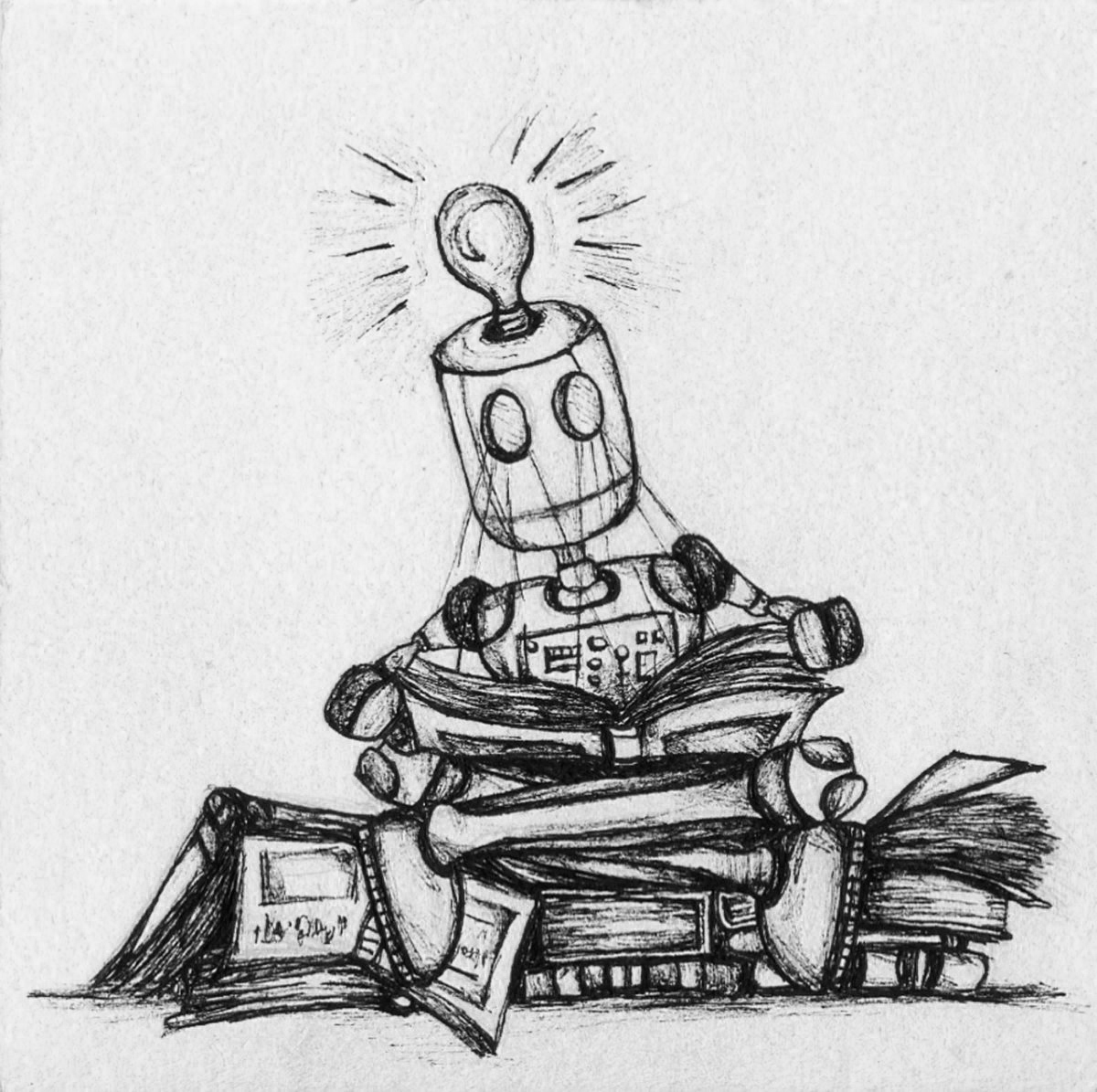What is it that makes people stay up until the wee hours of the morning one night out of the year? My primary objective in life is not to see how late I can stay up, but getting up in the morning.
If I can get up each morning, it is a major accomplishment that I should celebrate with eggs, bacon and a hot cup of coffee — which is about all the celebrating I can handle.
I’m not anxious to see someone drop the ball on New Year’s Eve. I do enough of that myself throughout the year and believe me, nobody cheers.
One thing I am most careful to do each New Year’s Day is make out my resolutions for the coming year. New Year’s resolutions represent one of the most ancient of human rituals. I say “human rituals” because it is not known whether the animal or plant world enjoy such exhilarating rituals. The evidence at this point in time is inclusive.
Perhaps Mark Twain was correct when he observed, “humans are the only animals that blush — or need to.”
I have not always held such high and lofty views of the New Year’s resolution. Once, when I was young and did not know any better, I completely ignored this yearly ritual.
My good friend and mentor, the Reverend Frank Simmons, set me straight on this important issue. My early pastorate was close to Frank’s and we spent much time together. I learned so much from him, things they do not teach in college.
Each New Year’s Day we would spend in each other’s society. One year Frank and his wife would entertain us at his parsonage and the next year my wife and I would reciprocate. It was at our parsonage one year when I made the casual remark that I did not believe in New Year’s resolutions.
As far as I was concerned, a New Year’s resolution was a useless attempt to interfere with scientific laws. My best resolve is not going to change much in the long run. Besides, I can’t run that far these days. My mind is bigger than my legs.
For example. Have you ever noticed that a New Year’s resolution is stronger at its birth than any subsequent period? My best intention in January is a long faded memory by July.
Most New Year’s resolutions are simply lame attempts to apologize for the past year and a promise of better behavior in the year ahead. People spend so much energy in the creative act of coming up with a good set of New Year’s resolutions that there is no energy left to actually keep them for more than two consecutive days.
Frank allowed me to dig my hole as deep as possible and then in his unique way, let me know that I was wrong. I always took criticism from him very seriously.
“Can you tell me,” he asked with a mischievous twinkle, “the origin of the New Year’s resolution and who made the first one?”
Of course, he caught all of us off guard with this one. My good wife suggested that maybe it was Samson who resolved to give up female barbers.
Everyone had a good laugh at that one. Frank especially enjoyed it, slapping his knee and roaring with laughter.
My thoughts turned to the biblical book of Ecclesiastes. “When thou vowest a vow unto God, defer not to pay it; for he hath no pleasure in fools: pay that which thou hast vowed. Better is it that thou shouldest not vow, than that thou shouldest vow and not pay.” (Ecclesiastes 5:4-5 KJV.)
In my mind, a vow is the same thing as a resolution.
As important as it is to make a vow, or resolution, keeping it is more important. If you cannot, or will not, keep it, better not make it.
A resolution is not an opportunity to boast. It should be done very carefully and sincerely.
Many people at this time of the year make resolutions such as attending church more regularly, reading their Bible and praying every day, and giving more money to their local church.
Such resolutions are music in the ear of every pastor. The problem is, the band stops playing in mid-February.
If everyone who made such resolutions actually kept them for an entire year, most pastors would have heart attacks by September. Thankfully, there is no actual medical danger for the cleric population.
Back to Frank’s intriguing question. “Can you tell me the origin of the New Year’s resolution and who made the first one?”
During our lively discussion of the subject Frank kept quiet. He just leaned back in his chair, listening to the deliberation with a devilish grin playing across his face. Gradually, the rest of us grew silent and directed our attention toward Frank.
“All right,” I finally begged, “tell us. Where did the New Year’s Resolution originate and who make the first one?”
Frank knew he had us right where he wanted us.
“Not many people know,” Frank began, “that the New Year’s resolution has biblical roots. It began with Adam.”
He certainly had my attention and I leaned forward to catch every word. With great deliberation Frank explained, “As the first couple began their second year in the Garden of Eden, Adam turned to Eve and said, ‘Honey, this year I’m going to turn over a new leaf.’”



